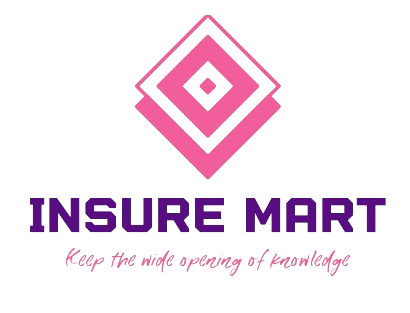Facility management is undergoing a transformative shift driven by technological advancements, sustainability imperatives, and evolving workplace dynamics. In today’s rapidly changing world, where organizations are constantly seeking ways to optimize operations, enhance employee experience, and reduce environmental impact, facility managers are at the forefront of innovation. One of the most significant innovations in facility management is the integration of smart building technologies. These systems, powered by the Internet of Things IoT, allow facility managers to monitor and control various building functions in real-time, optimizing energy consumption, space utilization, and security. This data-driven approach not only enhances efficiency but also contributes to sustainability goals by minimizing resource wastage. The rise of predictive maintenance is another game-changer in facility management. Traditionally, maintenance tasks were carried out on a fixed schedule, which often resulted in either underutilization or overuse of resources.
Predictive maintenance leverages data analytics and sensors to monitor equipment health in real-time, allowing facility managers to schedule maintenance precisely when it is needed. This approach not only reduces downtime and repair costs but also extends the lifespan of critical assets. Furthermore, the advent of Artificial Intelligence AI and machine learning enables predictive algorithms to become even more accurate and refined over time, making facilities not just more efficient but also more cost-effective. Sustainability is no longer just a buzzword; it is a fundamental component of modern facility management. Innovations in sustainable practices and green building technologies have led to the creation of eco-friendly facilities that reduce environmental impact. Facility managers are increasingly implementing energy-efficient systems, incorporating renewable energy sources, and optimizing water usage visit https://www.bakusolutions.com/services/facility-management/. Sustainable building materials, waste management strategies, and green certifications like LEED Leadership in Energy and Environmental Design are becoming standard considerations in facility management.
The modern workplace is evolving, and facility management is adapting to these changes. Flexible and remote work arrangements have become more prevalent, necessitating the need for adaptable and technology-rich office spaces. Facility managers are now tasked with creating agile work environments that can be reconfigured quickly to accommodate changing needs. Collaboration spaces, quiet zones, and technology-infused meeting rooms are essential components of modern office design. Additionally, ensuring a safe and healthy workplace, especially in light of recent global events, has become a top priority. Advanced air filtration systems, touchless technologies, and health screening protocols are now integral to facility management strategies. In conclusion, facility management is not just about maintaining buildings; it is about shaping the future of work and the sustainability of our environment. Innovations in smart technology, predictive maintenance, sustainability practices, and adaptable workspace design are propelling facility management into a new era. By embracing these innovations, facility managers are not only optimizing operational efficiency and reducing costs but are also contributing to a better, more sustainable world and providing employees with a workspace that meets their evolving needs.
